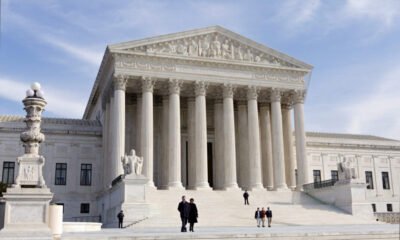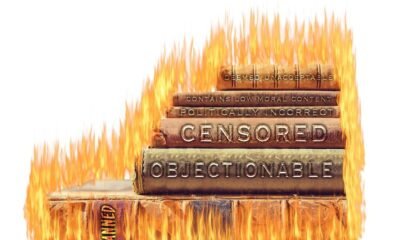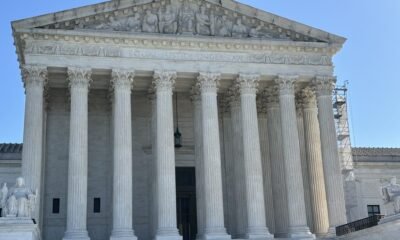Business
AZ Supreme Court Blocks Vote ‘Curing’ Extension, Thousands of Ballots Left Uncounted as Deadline Passes

PHOENIX — A recent ruling by the Arizona Supreme Court has denied an extension for voters whose early ballot signatures were in question. This decision comes after claims by the American Civil Liberties Union of Arizona that the deadline, which was set for 5 p.m. Sunday, did not provide adequate time for voters to rectify issues with their ballots.
Justice William Montgomery, representing the court, noted that state law merely requires counties to make “reasonable efforts” to inform voters of any ballot discrepancies. He stated that there was no evidence presented to suggest that voters were unjustly prevented from addressing their ballot issues by the deadline.
The court’s ruling has been viewed as a win for the Arizona Republican Party and the Republican National Committee, who argued against extending the deadline. Voting by mail has been a longstanding option in Arizona since 1991. Voters can submit ballots without presenting identification, as their signatures are verified against those on file by election officials.
If a signature mismatch arises, counties attempt to contact the voter, generally allowing them to verify their identity via a phone call. Historically, Arizona provided a five-business-day window post-election for voters to resolve such issues. However, recent legislative changes have reduced this to five calendar days.
Advocates for extending the cure period highlighted the backlog faced by counties during the processing of over three million ballots. As of Sunday afternoon, about 68,000 ballots were still unprocessed, a significant number given the tight races occurring in the elections.
Republican candidate Juan Ciscomani leads Democrat Kirsten Engle by a mere 1,200 votes in a closely contested Congressional race, while several legislative races remain tight as well. Yet, many believe that uncured ballots will unlikely alter the outcome in the Senate race where Democrat Ruben Gallego has expanded his lead over Republican Kari Lake by nearly 54,000 votes.
Debate arose over which ballots constituted unresolved signatures, but attorneys for Maricopa County asserted that all voters needing signature fixes had been notified by Saturday. Pima County, however, expressed support for extending the deadline, citing concerns over accessibility for voters on a Sunday.
Ultimately, the Supreme Court’s ruling aligns with the principle that voting by mail is considered a privilege rather than an absolute right, as noted by Rothschild, attorney for the Republican side. He emphasized that legislators have the authority to set time limits on signature curing, reinforcing the court’s stance on the matter.
The ruling faced objections from the Navajo Nation, which contended that the five-day period infringed on the voting rights of its members. Patty Ferguson-Bohnee, representing the Nation, voiced concerns about the fairness of the notification and opportunity to rectify ballot issues before the deadline.


















